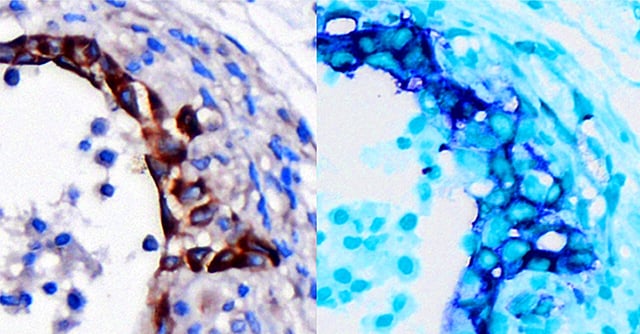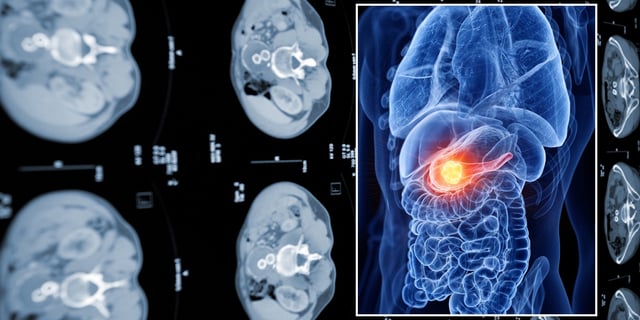Overview
- Inflammation and hypoxia trigger STAT3 to turn on Integrin β3 in pancreatic cells, driving tumor onset and accelerated progression
- Researchers identified a 10-gene STRESS signature under STAT3 control that forecasts both pancreatic cancer development and aggressiveness
- Head-to-head validation shows the STRESS signature outperforms existing gene panels in predicting disease initiation and clinical severity
- Blocking the STAT3-regulated ITGB3 pathway in preclinical models delays tumor formation, highlighting a key target for therapy
- The team has begun screening small molecules to inhibit inflammation-induced ITGB3 activation in pancreatic and other epithelial cancers to prevent progression and therapy resistance


